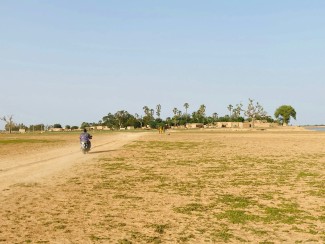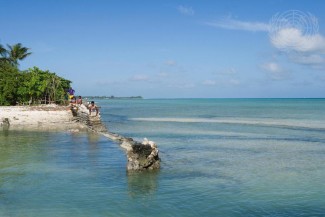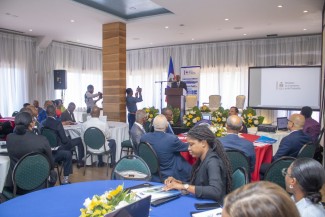The Enhanced Integrated Framework explores the work of its National Implementation Units in fragile and conflict-affected countries and looks at the role the units play in integrating trade into the rebuilding of these countries.
The Central African Republic (CAR) has experienced recurrent episodes of violence since the 1970s. A peace agreement signed in February 2019 restored some stability to the country and helped reduce conflict‑related violence. Political parties are increasingly focusing on the elections, which should be over by April 2021. The country's recovery is a slow process, but one supported by a number of actors.
Edmond Mologodo is the Enhanced Integrated Framework (EIF) Coordinator at the country's Ministry of Trade and Industry. A business lawyer and sales engineer, Mr Mologodo has worked in the field of trade for 18 years.
What makes you interested in trade?
Trade interests me primarily because it is one of the main areas of development activity in the CAR. My training (business lawyer and sales engineer) and experience also make me passionate about the work I do.
Where is the CAR at in terms of trade?
Trade is one of the three pillars of the 2017‑2021 National Recovery and Peacebuilding Plan. This pillar focuses on ensuring economic recovery and the revival of the country's production sectors, in particular agriculture and fisheries. A trade and industry development strategy for the CAR was drawn up and adopted in June 2019, thanks to financial support from the EIF. It covers a number of areas including export competitiveness and diversification.
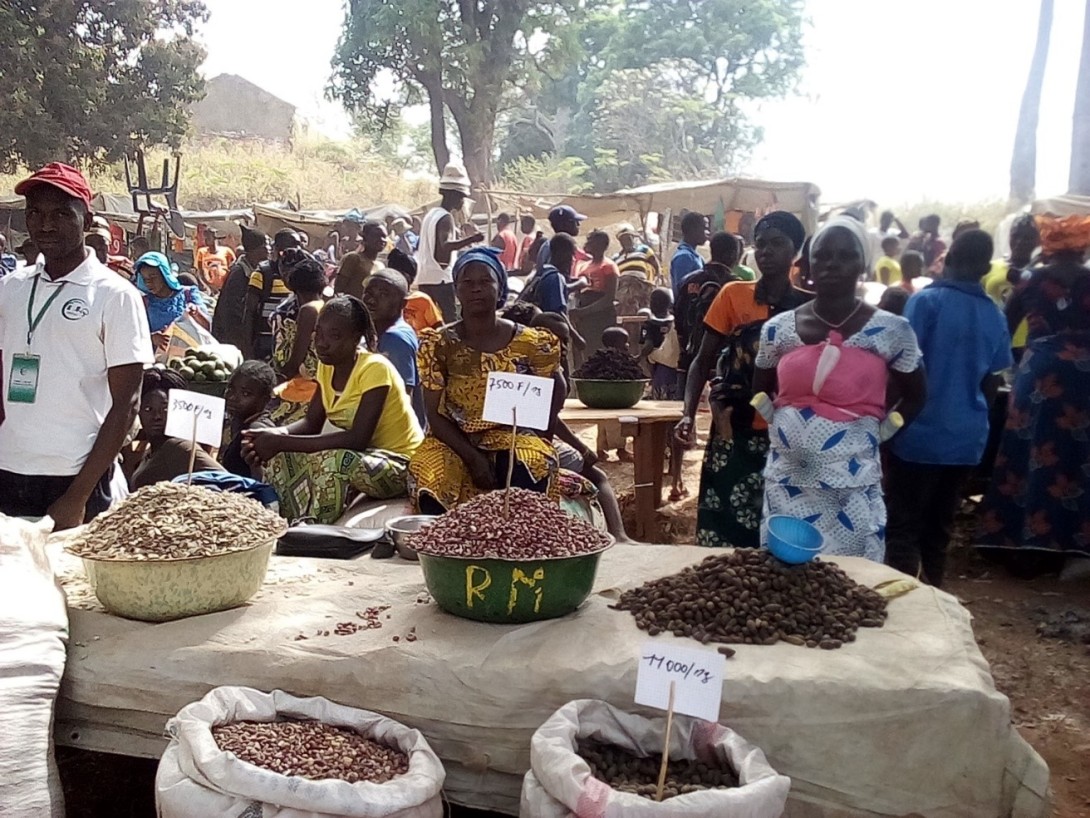
What are the main challenges you face working in the CAR?
The main challenges I face involve helping to make stakeholders and the authorities more aware of the importance of trade for the country and the lives of its people, and ensuring that trade is better integrated into domestic development policies and strategies.
Raising the awareness of trade stakeholders and the authorities is a particular challenge in the CAR, as the country is emerging from a long period of conflict. The authorities are therefore more concerned about matters relating to security and peacekeeping, while other areas are considered of secondary importance. The trade community, which was severely affected during the crisis, regrets the lack of international community support for trade issues. In these circumstances, the task of advocating trade becomes vital so that it can form an integral part of peacebuilding strategies.
How has COVID‑19 changed your way of working?
As soon as the CAR recorded its first cases of COVID‑19, the authorities, like those in most other countries, introduced a series of measures, but stopped short of imposing a lockdown. While meetings and workshops involving large numbers of participants were suspended, day‑to‑day work in the office continued as normal, on the condition that protective measures were observed (installation of handwashing stations in front of the office, distribution of hand sanitizer to staff, mandatory mask‑wearing, social distancing, etc.).
The encouraging results achieved have led to measures being relaxed, and we have now almost fully resumed our EIF work.
What, in your view, is the biggest success to have emerged from EIF work in the CAR?
The work of the EIF in the CAR has been successful in a number of ways, but the biggest success, in my view, was the first election of members of the general assembly of the Chamber of Commerce, Industry, Mining and Crafts (CCIMA). The elected members were sworn in under the highest authority of the President of the Republic, Head of State, in February 2009.
The CAR has long been affected by conflict. How will your work contribute to peacebuilding?
Recurring conflict in the CAR has, amongst other things, increased poverty levels and weakened social cohesion. The trade capacity‑building activities organized by the EIF for communities on a non‑discriminatory basis seek to heighten the economic resilience of these communities, while helping to build peace.
What does the EIF's commitment to these communities entail?
Our work mainly involves raising awareness of the importance of trade, and providing training and endowments in the form of farming equipment and management tools within the communities involved. In 2019, for instance, the programme supplied seeds and small items of agricultural equipment (watering cans, boots, sprayers, etc.) to a group of male and female vegetable farmers on the outskirts of the capital, Bangui. Some months later, the members of the group reported to the project's follow‑up mission that their output had increased and their income had improved.
When the EIF team goes out into these communities, we begin by meeting the local political and administrative authorities to notify them of the mission's presence; we explain our objectives, and request the authorities' support in ensuring that the mission runs smoothly. The exchanges that follow enable the authorities to become familiar with the project and support its objectives.
Next, awareness‑raising meetings and training sessions are held with local trade organizations. These events are conducted in national and sometimes even regional languages. Economic operators are delighted to receive information, training and advice from the mission team.
The upcoming launch of a project to support agricultural associations in the maize, sesame and palm oil subsectors will enhance this type of interaction and result in a greater number of tangible outcomes.
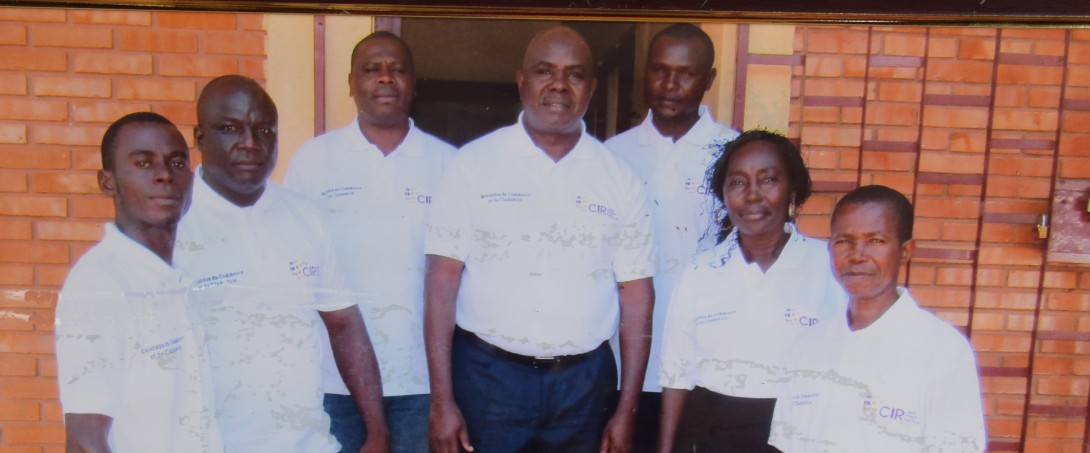
-----------------------------
This article is part of a series highlighting the work of trade professionals and EIF partners in least developed countries.
Header image of a boat in Vanuatu - ©Department of Foreign Affairs and Trade, Australia via Flickr Creative Commons Attribution 2.0 Generic (CC BY 2.0) license.
If you would like to reuse any material published here, please let us know by sending an email to EIF Communications: eifcommunications@wto.org.

